Non-Occupancy Charges: What Every Flat Owner Should Know
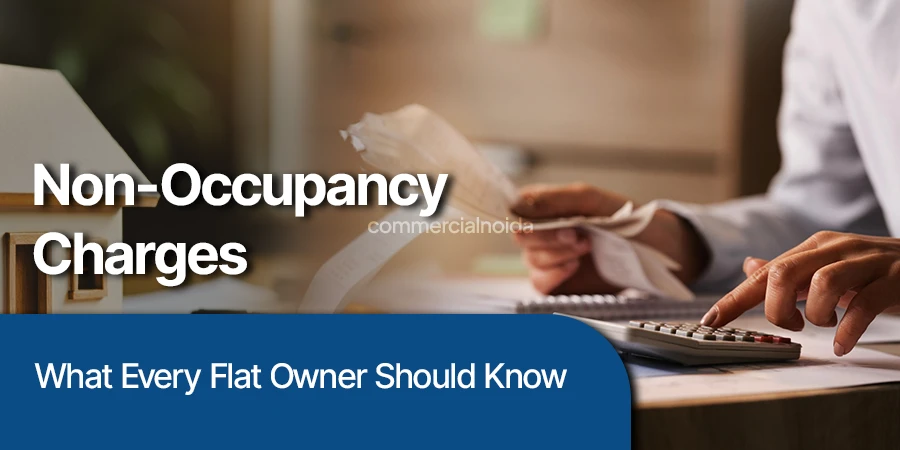
Non-Occupancy Charges Explained: Essential Guide for Flat Owners
If you own a flat in a housing society, you might have come across the term non-occupancy charges. This additional fee can often confuse property owners if they plan to rent or lease their house.
The confusion can lead to penalties and unforeseen financial liabilities for the owners. As a tenant, you should also be aware of your responsibilities in paying these charges, if applicable. Let’s understand why these charges are levied and who pays them.
What are non-occupancy charges?
Non-occupancy charges are extra charges that are levied by the HousingSociety on the property owner if they don't occupy it personally. These charges are not applicable if the owner's blood relatives, like husband, wife, parents, brothers, sisters, or grandchildren, etc., live in the flat.
These charges are payable quarterly. It is applied by society because income is generated by these flats and is used for financial gain.
Let’s understand the bylaws of these charges clearly:
• If the house is leased or rented to tenants who are not blood relatives, non-occupancy charges are applied.
• If the house is vacant, but the owner pays the maintenance charges, non-occupancy charges for a vacant flat are not applied.
• If non-relatives stay there temporarily, these charges are not applicable.
How much can a housing society charge?
A recent judgement from the Supreme Court provides much-needed clarity about the various charges and regulations that a housing society can levy. A society cannot charge more than 10% of your property’s total maintenance charges. Additionally, since GST on Maintenance Charges is applicable, the same GST also extends to occupancy charges, as they are considered services provided by the housing society.
What are Maintenance Charges?
These charges represent the operational costs incurred by the housing society for providing common services to all members, excluding municipal taxes and sinking fund contributions.
This includes salaries and allowances to staff, outgoings for society office, sitting fees to committee members, printing and stationery charges, and common electricity charges.
How to calculate non-occupancy charges?
Ensure that your society is not charging more than 10% of the service cost of your apartment for these charges. For example, if the maintenance for your flat is Rs. 6000, out of which 5000 are service charges, then your Non-Occupancy Charges will be 10% of 5000, which will amount to Rs. 500.
Who will pay non-occupancy charges?
The property owner is responsible for paying non-occupancy charges. Although the owner can shift these charges to the tenant, if they communicate this to the tenants and mention it in the rent agreement.
What Happens If You Don't Pay?
If you fail to pay non-occupancy charges, you will face the following consequences:
• You will be declared a financial defaulter.
• Your no-dues certificate will not be released by the society, which will prevent you from selling your property in the future.
• Potential legal action can be taken by the society.
Do you pay non-occupancy charges if you are an NRI?
If you are a Non-Resident Indian (NRI) and own a property in India, the same rules apply to you as a resident citizen. You will pay these charges if your blood relatives do not occupy the flat. The charges are set at the same rate of 10%. This is done as a special consideration for the NRIs and to protect them against any unfair charges or fraudulent practices.
Legal Actions You Can Take Against Unfair Charges
If your society is charging you more than the legal amount of 10% or your landlord is asking you to pay these charges without any prior information, you can take legal action. You can file a case in the consumer court under the Consumer Protection Act for overcharging or misinforming you.
You can also approach the court if the previous owner did not clear their dues in case of a resale flat. This process can be lengthy and complicated, so consider consulting an expert.
Conclusion
If you are a current property owner or are planning to invest in a flat to lease out for some rental income, you would want to be well informed in order to protect your investment. These small charges could prove to be a financial liability in the future.
When you are purchasing a resale flat, always enquire about any unpaid charges to avoid any conflicts. Also, ensure that your society is not charging you more than 10% of the total service charges.

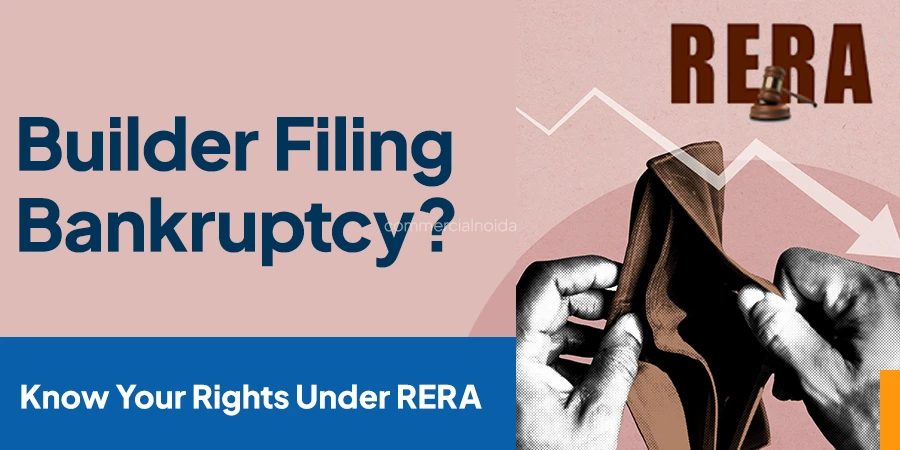
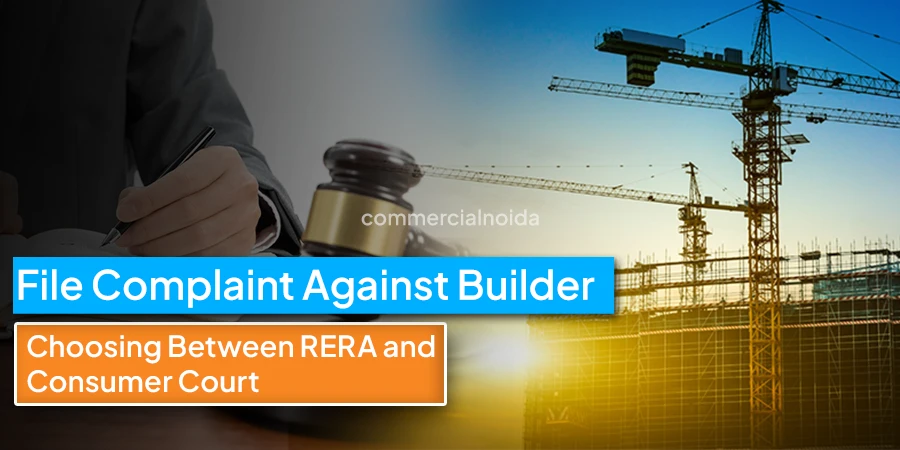
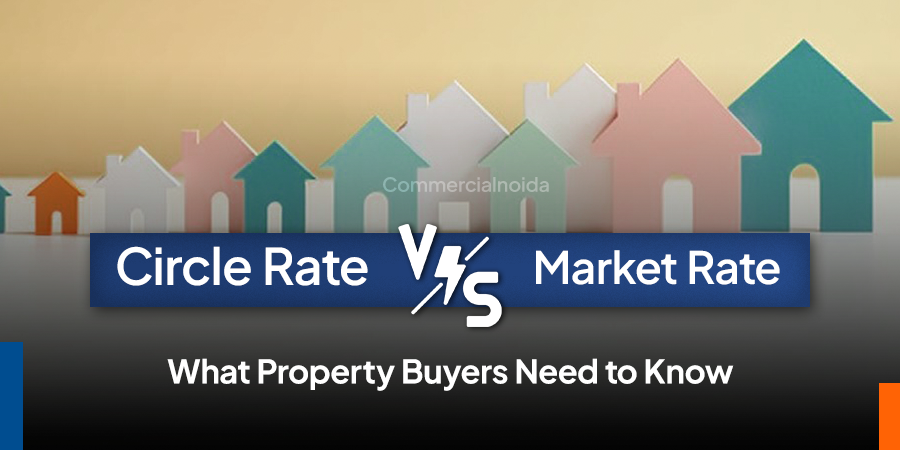
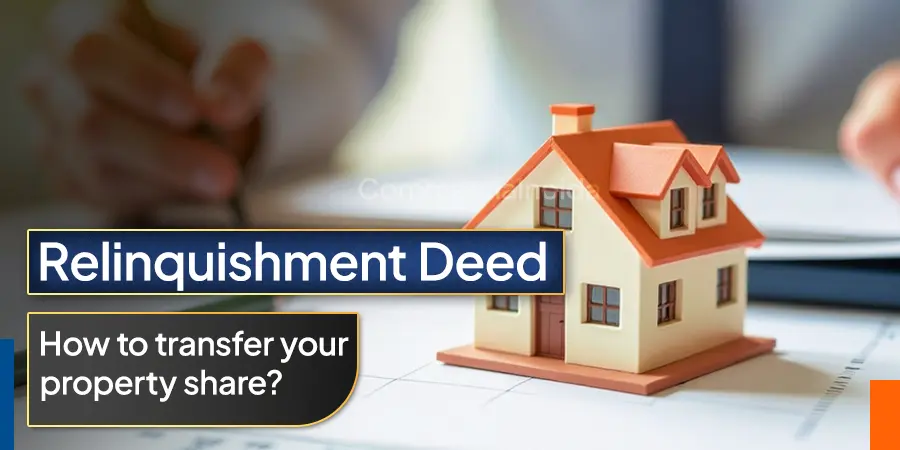

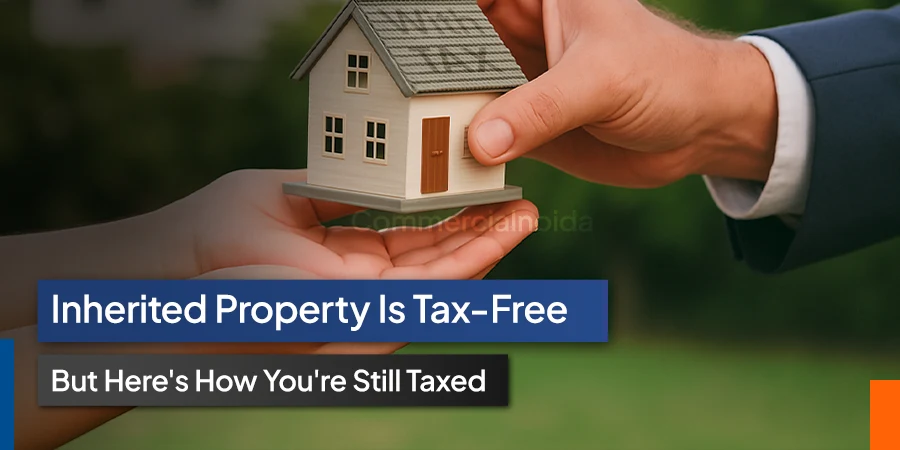

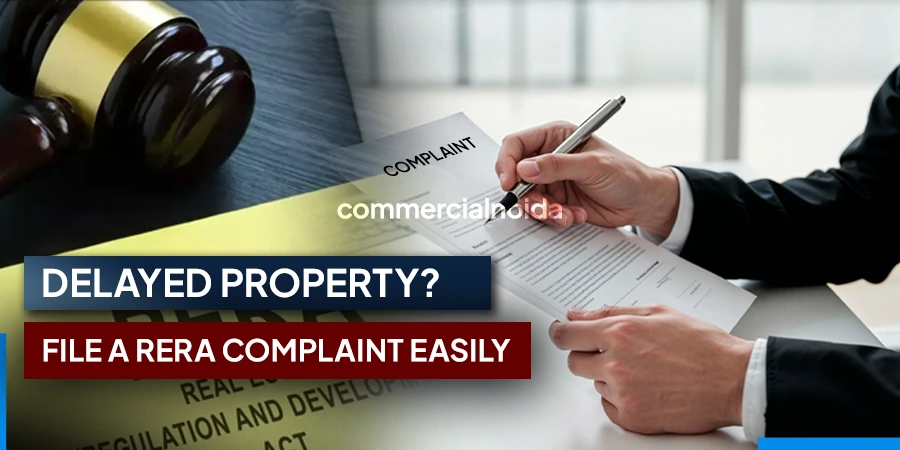
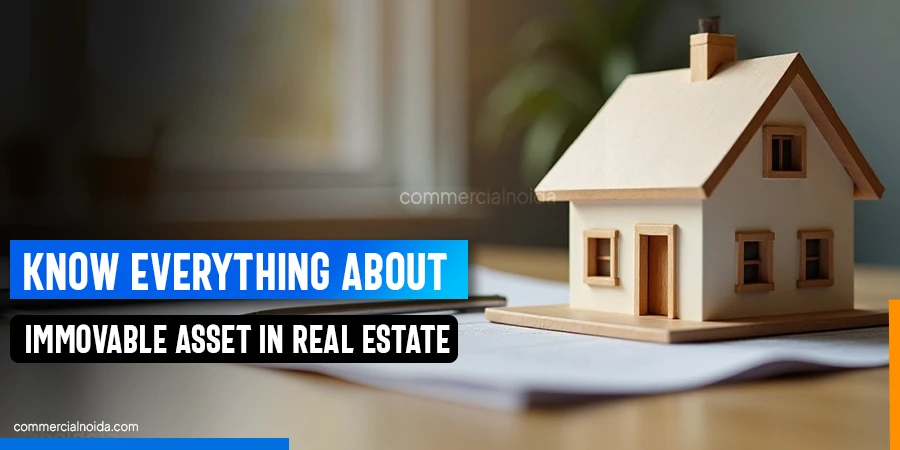






















































































































.webp)

































































































.webp)
















































































.webp)
































































































